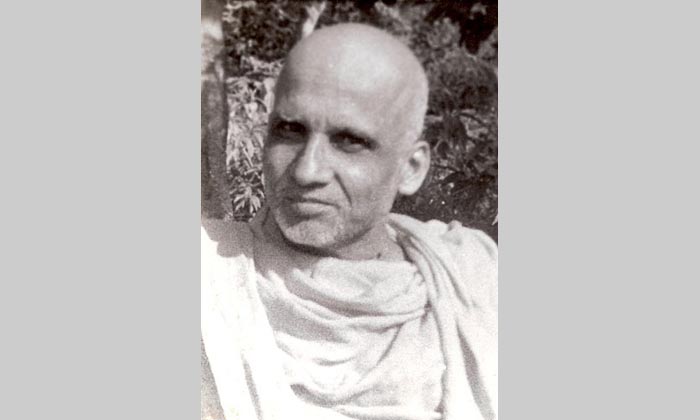The Spiritual Import of the Mahabharata and the Bhagavadgita : 16.5.

Chapter 16: The Essence of Creation is God's Glory - 5. The visualisation has not yet taken place—even an inkling of it seems to be very far away. The mind is kept in tenterhooks; it appears to be catching it but the idea is receding further, as the horizon moves further away as we try to approach it by going in that direction. There appears to be a confidence in the soul of the seeking spirit that God is immanent and capable of approach. But this capability of approach to the Being of God still remains as the ability to catch the horizon—appearing to be there but yet not possible of real contact. There is a spiritual anguish that grows deeper and deeper as the seeker goes higher and higher, and the agony grows more and more incapable of tolerance. The spiritual suffering in a way can be said to be more agonising than the sufferings of the mortal body. The soul’s anguish is incapable of experience and explanation. Only one who has trodden the path can know what it is to...





